Benedictine Sister Describes Staying at Home in a Monastery
Sister Mary David Walgenbach knows a little bit about staying home. She’s done it for 60 years.
By Andy Moore
June 25, 2020
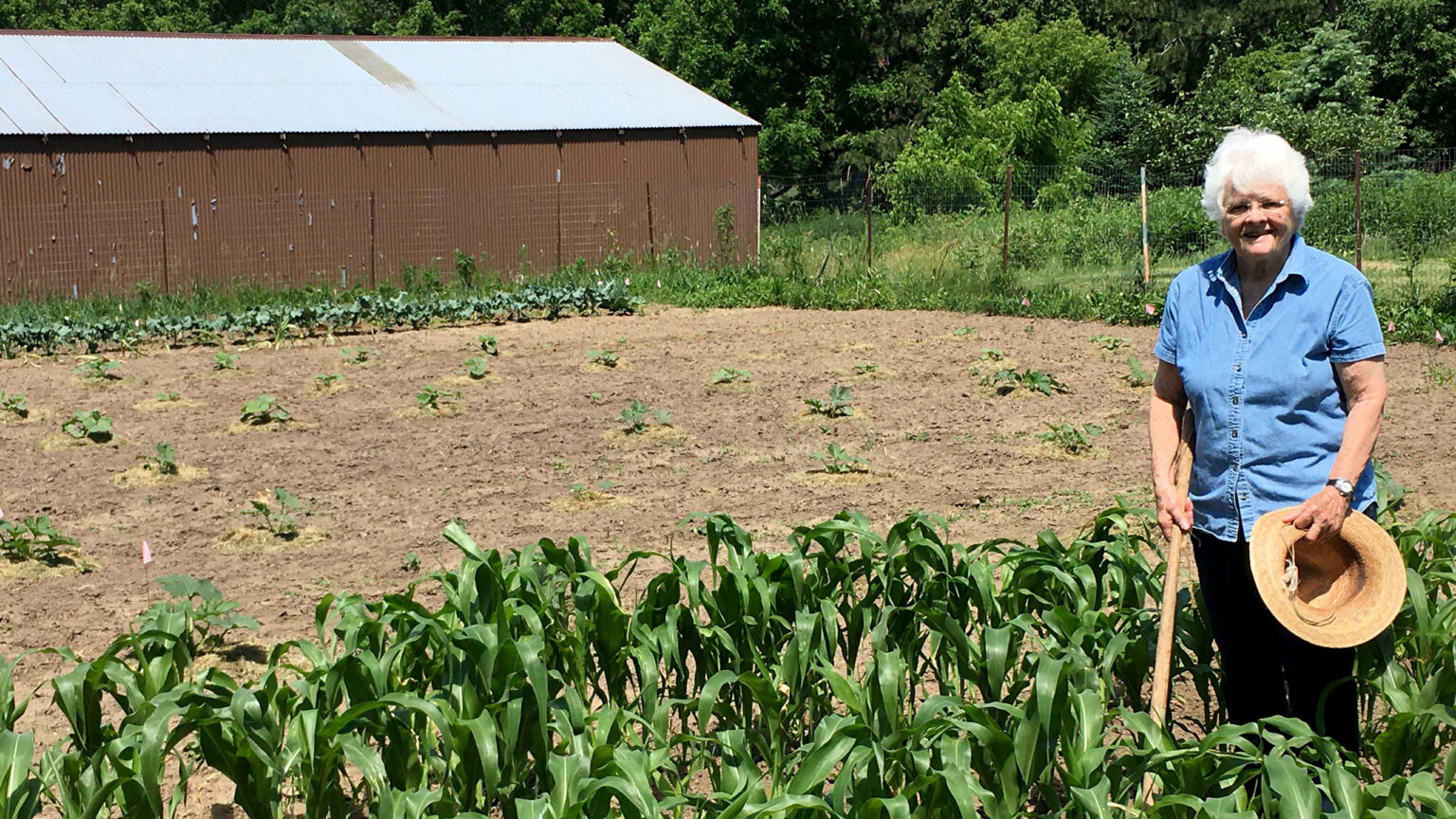
Sister Mary David at home in the Holy Wisdom garden. Photo / Denise West
Sister Mary David Walgenbach has spent “90%” of the past 60 years living and working on the 113 acre property that is Madison’s Holy Wisdom Monastery. Except for sporadic, brief, trips within the U.S. and abroad, she has spent every day, all day and night, of the past 60 years in prayer and study at the monastery or “common home” as she calls it. At the same time, monasteries have always kept guest houses. Visitors and hospitality fulfill part of the mission at Holy Wisdom. Hosted events include Sunday services that attract 160 worshippers each week. There have been no visitors at the monastery during the pandemic. In that regard, Sister Mary David and her community know something of the isolation felt outside the monastery.
Over the past 12 weeks much of the general public has grown restless with staying at home. In this Q&A, PBS Wisconsin checks in with someone who has done it for decades.

Sister Mary David Walgenbach. Photo / Denise West
PBS Wisconsin: What is the monastic life?
Sister Mary David: It’s basically similar to family life. Living in common. There are people who are different from you who live in the monastery, but are called to a common life. We pray together, we work together. Each monastery you go to anyplace in the world wouldn’t say this is our monastery. They’d say this is our home. I think of St. Benedict who wrote the rules in the 6th century. His genius was taking the day and dividing it up in time for work, time for prayer, and time for leisure. Leisure is just being.
PBS Wisconsin: How has COVID-19 asked people to come closer to that way of life?
Sister Mary David: COVID-19 has allowed people to stay at home and live perhaps a rhythm of not being pushed. And that’s a big adjustment.
PBS Wisconsin: What’s the difference between isolation and being alone?
Sister Mary David: To be alone with oneself is a good spiritual practice. To review one’s life of the day or to review one’s relationships. It allows one to be more present to one’s feelings. What are my needs? My desires? How do I share myself with people? For families the virus has caused people to look at each other in a new way.
PBS Wisconsin: Do you miss guests coming to visit Holy Wisdom?
Sister Mary David: Oh! Of course! Hospitality is our virtue. We haven’t had guests for over six weeks. Remember a monastery has never been without a guest. They are made for guests. Centuries ago travelers always knew they could find a bed and a meal at a monastery. Guests can also break the pattern of our own lives in a good way. But I think our isolation with the lack of guests can also give us time to think about our own life, our own mortality.
PBS Wisconsin: Many people are still working and staying at home except for trips to the grocery. What is your advice to them?
Sister Mary David: Perhaps recognize that you’re getting tired of it and then be at home with it. How can I adapt the need that I have to be at the gym every day at 6:30? Reexamine what it is that causes stress about being at home. Don’t become anxious because you’re stressful. Just be with it. Look for ways to be friends with it. Look for ways to adapt the energy or change the direction of it.
PBS Wisconsin: Do you think our collective experience of staying at home might change us?
Sister Mary David: I think it can offer great opportunity for change by recognizing that after the first two weeks we had to accept that this isn’t going to change from the outside very much but it’s going to ask to change me from the inside. And isn’t that what life is all about?
 Passport
Passport




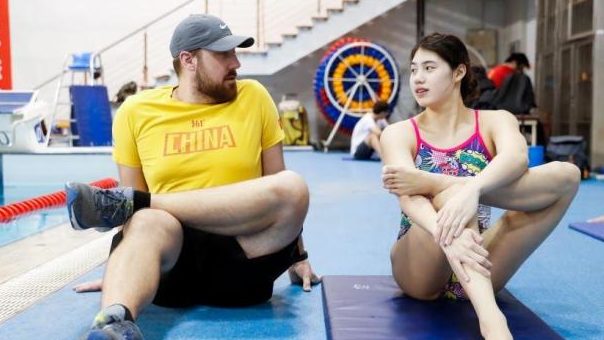
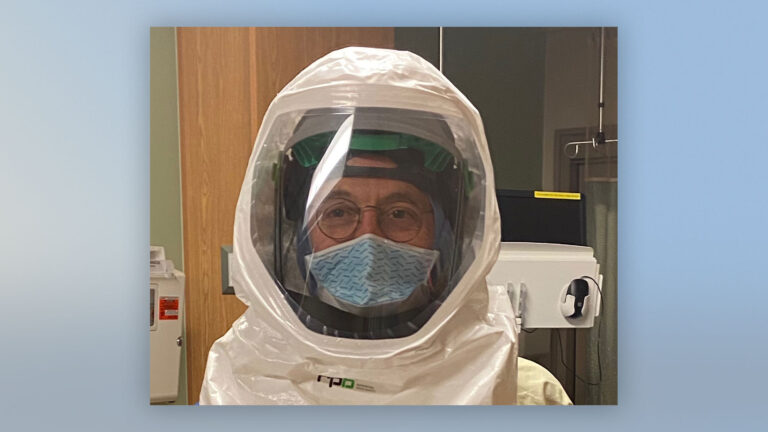

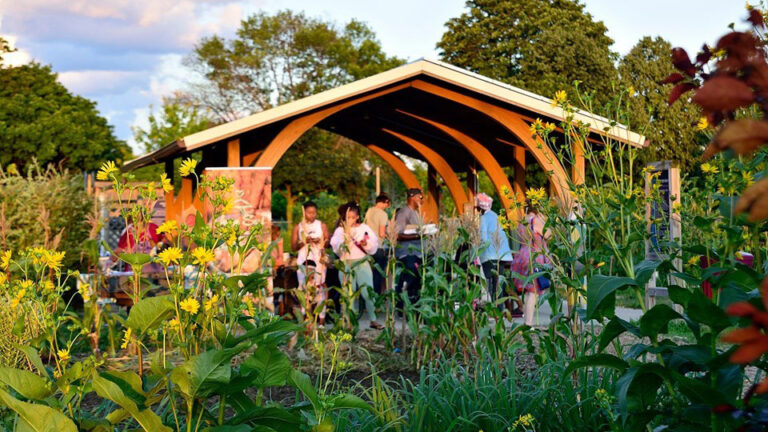
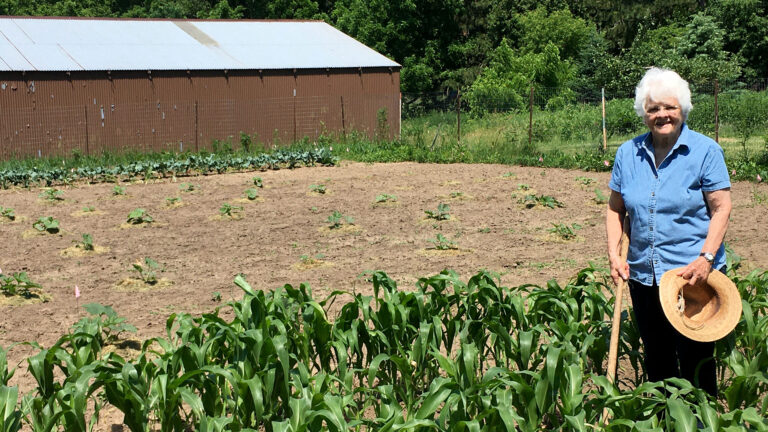
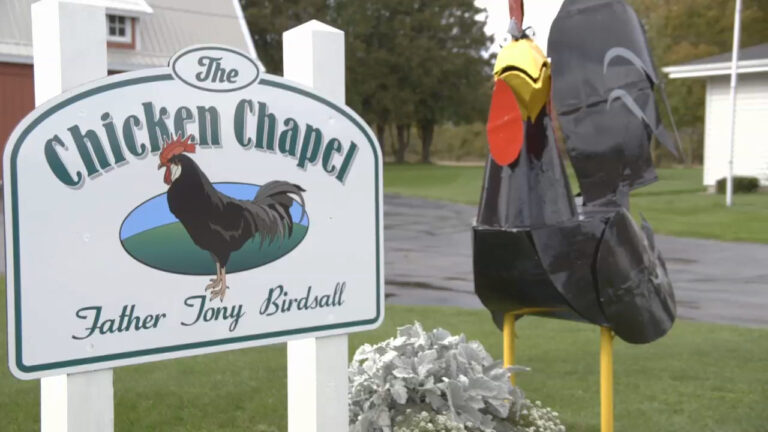

Follow Us